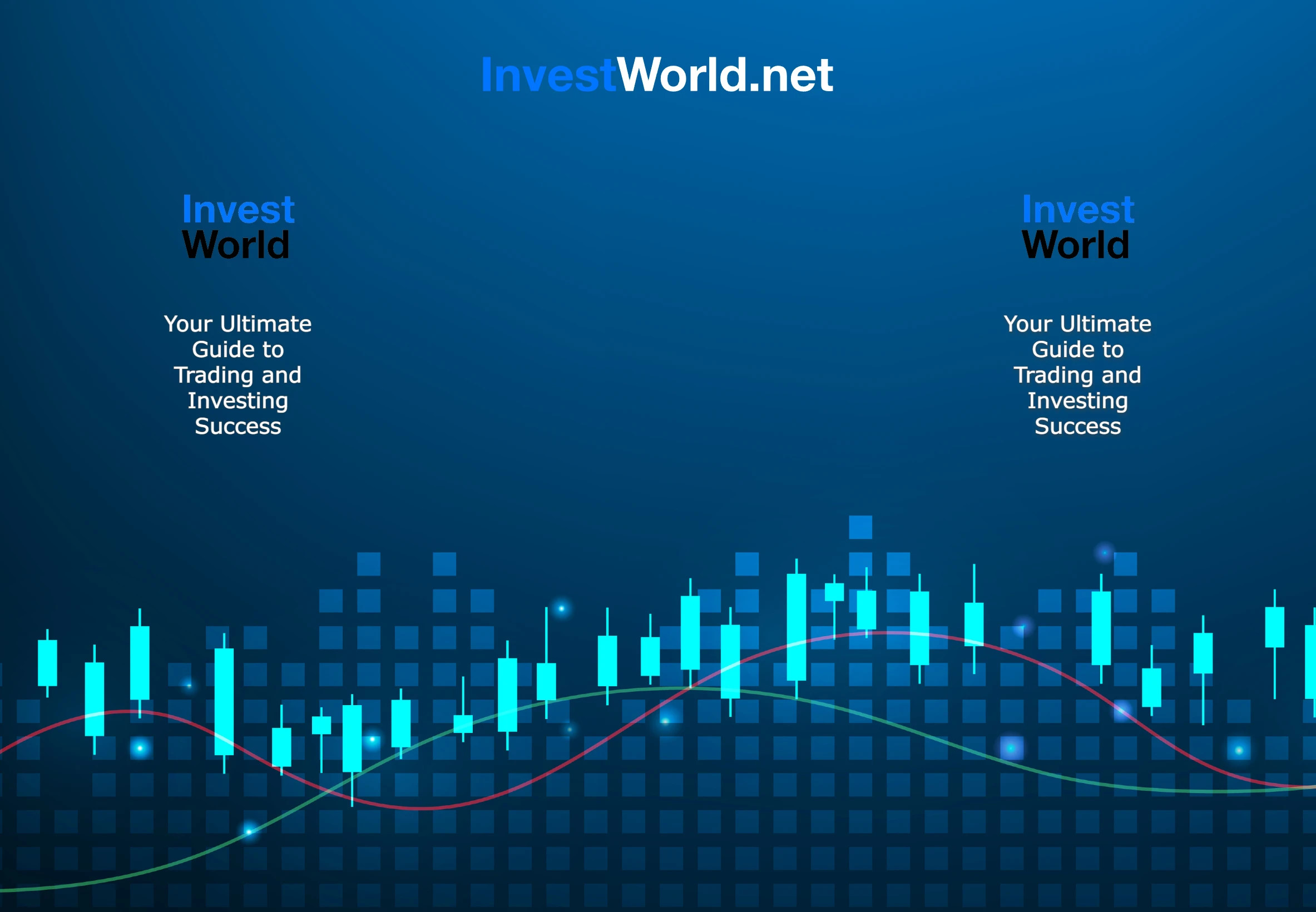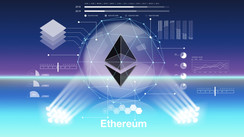A Rising Star: Ethereum's Enhanced Market Dominance
While Bitcoin's market leadership is making noticeable gains, Ether is also raising its profile, expanding its market dominance among competing altcoins. Ethereum's journey as the top-notch smart contract and decentralized application (DApp) platform is well-recognized, and the mounting price and market capitalization of Ether confirm its escalating market grasp.
Indeed, Ether's proportion of market capitalization has seen a notable uptick over recent years, growing from an average of 18% in July 2021 to a current 20%. Once Bitcoin is taken out of the equation, Ether’s market hold is an impressive 40.6%, vastly outweighing its nearest competitor, BNB, with a 7.2% slice of the market.
The gap between Ethereum and its competitors becomes even more pronounced when you consider the total value locked (TVL) in each network's smart contracts. Here, Ethereum towers above all, boasting a TVL of $24.6 billion, far outpacing Tron’s $5.4 billion and BNB Chain’s $3.3 billion.
Ethereum’s Regained Market Share in TVL
Ethereum's share of the TVL market dropped from 70.5% in June 2021 to 49.5% in May 2022, while Terra and Avalanche collectively picked up a 20% market share. But the collapse of the Terra ecosystem in May 2022, culminating in a shutdown of network activity, saw Ethereum quickly rebound to a 58% market share.
Regardless of the appearance of DApps on the BNB and Tron blockchains, Ethereum’s reign has remained unchallenged over the past year. This observation underlines the insignificance of the total number of unique active wallets (UAW) engaging with smart contracts per chain.
For example, data from DappRadar reveals that WAX has 363,600 active users, with BNB Chain’s 30-day UAW at 517,300. These figures far surpass the Ethereum network’s 66,300 unique active addresses but reflect much lower transaction fees, leaving space for potential manipulation.
Decentralization: Ethereum's Winning Factor
The Ethereum ecosystem outperforms its competitors with the highest number of active developers, surpassing 1,870, which is more than the combined total of the next three competitors - Polkadot (752), Cosmos (511), and Solana (383).
Presently, the Ethereum network hosts over 700,000 validators, with 99% of the balances involved in the staking process. The 32 ETH threshold limit per validator likely inflates this figure, but with Lido, the largest known staking pool, controlling 32% of the staking, and Coinbase following with 9.6%, Ethereum appears far less centralized in development and validation than Tron, BNB Chain, and Solana.
Additional Factors Boosting Ether's Dominance
Other factors propelling Ether's dominance, even as Bitcoin secured a 50% market share on June 19, encompass derivatives activity and its supremacy of the NFT market.
The Institutional Attraction of Derivatives Markets
Ether's future contracts play a crucial role in institutional trading strategies such as hedging and leverage trading. Ether’s cash-settled futures were listed on the Chicago Mercantile Exchange in February 2021. So far, no other cryptocurrency, besides Bitcoin, has achieved a listing on the world’s largest derivatives exchange.
While futures markets always balance long and short positions, a larger number of active contracts — open interest — allows institutional investors, who require a minimum market size, to participate. Ether futures have an aggregated open interest of $5.4 billion, dwarfing competitor BNB's $380 million and Solana's mere $178 million.
Ethereum: Still the King of the NFT Market
Non-fungible tokens (NFTs) perfectly demonstrate that cheaper, faster transactions don't necessarily result in increased adoption. While there's nothing stopping NFT projects from transitioning between blockchains for new listings or existing collections (y00ts and DeGods shifted to Polygon earlier in 2023, for instance), Ethereum remains the undisputed leader in terms of buyers and total sales.
Despite grappling with gas fees that often exceed $10, Ethereum has maintained its market leadership, achieving $380 million in sales over the past 30 days according to CryptoSlam, while Solana, Polygon, and BNB Chain together accumulated just $93 million.
In conclusion, the data indicates Ethereum's competitive edge against rival smart contract-focused blockchains. Ether's growing market capitalization dominance could wane over time if the anticipated network upgrade to support parallel processing (sharding) doesn't materialize, but for now, Ether’s 20% market capitalization share stands strong.




